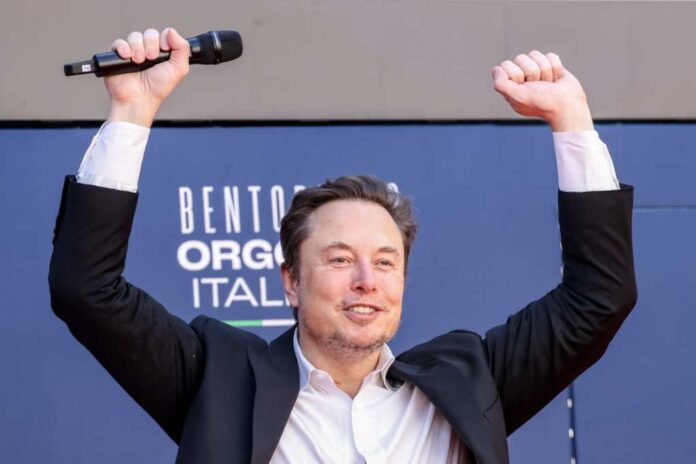
Since acquiring X, the social media platform known as Twitter at the time, billionaire Elon Musk has used polls thereon to help make decisions for the company.
In November 2022, he cited the results of one such poll favoring the reinstatement of former President Donald Trump’s account in announcing that the nearly two-year ban would be lifted.
More recently, Musk asked users for their input regarding the state where the company is incorporated, which at that point was Delaware.
“Should Tesla change its state of incorporation to Texas, home of its physical headquarters?” he asked on Tuesday.
The final results, with more than 1.1 million votes, showed 87.1% support for moving to the Lone Star State.
“The public vote is unequivocally in favor of Texas!” Musk wrote in response to the results. “Tesla will move immediately to hold a shareholder vote to transfer state of incorporation to Texas.”
Republican Texas Gov. Greg Abbott was clearly a fan of the idea.
.@Tesla in Texas.
It just makes sense. https://t.co/phDOT27xyT
— Greg Abbott (@GregAbbott_TX) February 1, 2024
In 2021, Musk moved the company’s headquarters from California to Texas with Abbott’s support. Prior to that announcement, the governor asserted that Musk “had to get out of California” and recalled conversations with the tech billionaire during which he “consistently tells me that he likes the social policies in the state of Texas.”
After the decision was finalized, Abbott wrote: “Elon Musk announces Tesla’s new headquarters will move to Austin. The Lone Star State is the land of opportunity and innovation. Welcome.”
Two other prominent Texas Republicans — U.S. Sen. Ted Cruz and Rep. Michael McCaul — also welcomed the company to the state with public statements on social media.
A number of Fortune 500 companies have relocated to Texas in recent years, many of which were formerly based in California. In addition to Texas, some of the notable examples include Hewlett Packard Enterprise, Oracle, and Charles Schwab.
Musk’s inquiry about relocating the company’s state of incorporation came after a judge in Delaware ruled against the implementation of a compensation package worth a whopping $56 billion, calling it an “unfathomable sum” that would have a negative impact on the company’s investors.














